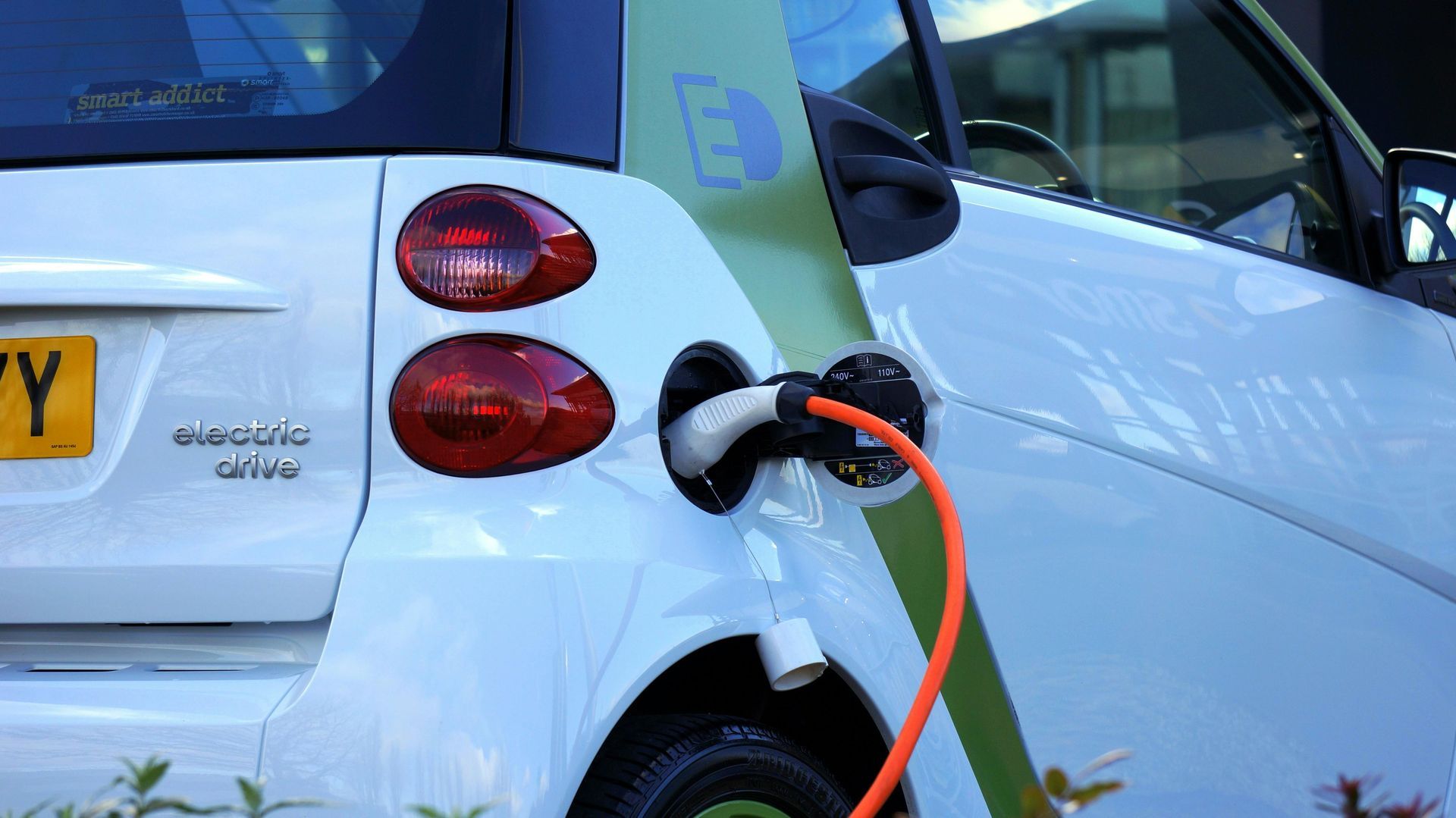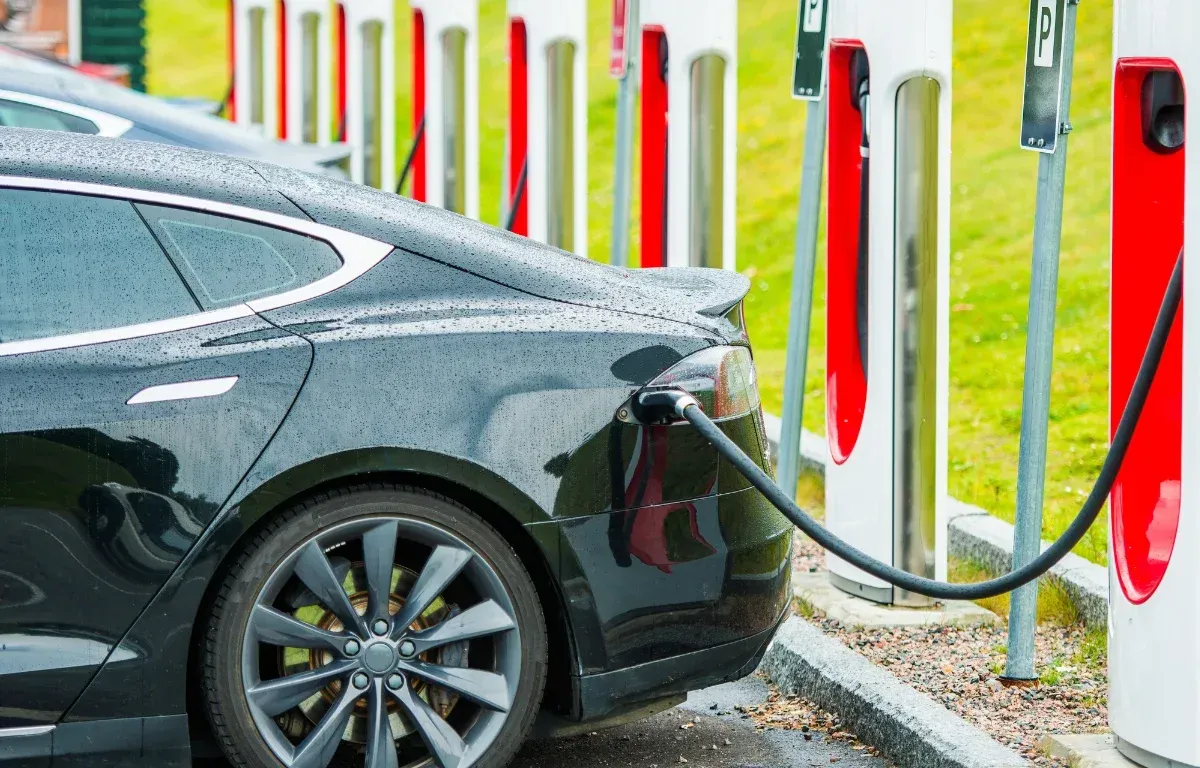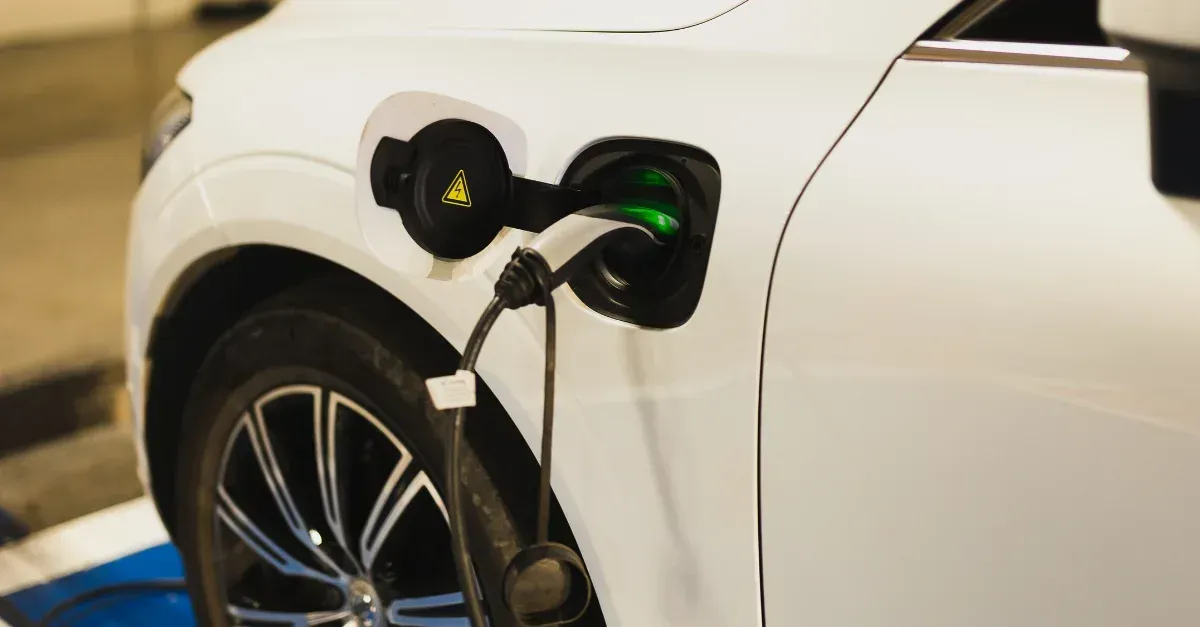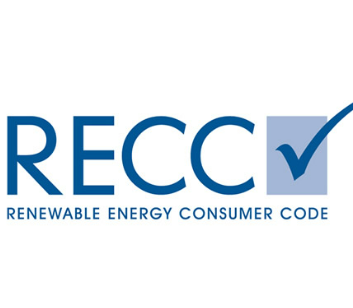COVERING ALL OF SOUTH WALES
Are Electric Vehicles Sustainable?
Share Post
Electric vehicles (EVs) are becoming more common on our roads, offering a different approach to driving that’s often highlighted for its environmental benefits. But just how sustainable are electric vehicles? This article takes a balanced look at the advantages and the challenges that come with EVs.
Interested in EV charging or commercial electrical services? Contact Dec-Elec for expert help and reliable solutions.
Understanding Electric Vehicles
Electric vehicles use electric motors powered by batteries for propulsion. They’ve evolved significantly, becoming an increasingly viable choice for many. This change in the automotive industry represents an opportunity to reduce environmental impact.
The Benefits of Electric Vehicles
One of the main benefits of electric vehicles is their potential to reduce emissions. Unlike traditional vehicles, EVs produce no direct exhaust pollutants, which can lead to cleaner air in cities. Additionally, as more renewable energy sources are used to generate electricity, the overall environmental impact of charging and operating EVs can decrease.
However, electric vehicles also face several sustainability challenges. The production and end-of-life handling of EV batteries are areas of environmental concern, involving resource extraction and recycling issues. The overall sustainability of electric vehicles also depends on how the electricity they use is generated. In areas where fossil fuels are still a major source of electricity, the environmental advantages of EVs can be less pronounced.
Challenges and Economic Factors
Creating the infrastructure to support electric vehicles, such as a wide-reaching charging network, is a significant challenge. There’s also a growing need for sustainable practices in the extraction and use of materials like lithium, which are essential for EV batteries.
Economic aspects, including the cost of EVs and the development of charging infrastructure, play a crucial role in their adoption. While electric vehicles offer potential savings over time and environmental benefits, upfront costs and the current availability of charging stations can be barriers for some buyers.
The Future of Electric Vehicles
Innovation in battery technology and an increase in renewable energy use are key to enhancing the sustainability of electric vehicles. Efforts to improve battery efficiency and reduce environmental impact are ongoing. Supportive policies and incentives are crucial for increasing EV adoption and making sustainable driving more accessible.
Making Choices for the Future
Choosing an electric vehicle is a way individuals can contribute to reducing emissions and supporting cleaner energy use. It’s a step toward a future with less reliance on fossil fuels and lower environmental impact.
Looking to the Future
Electric vehicles offer a promising path toward more sustainable driving, with significant benefits like reduced emissions and the potential for cleaner energy use. However, addressing the challenges related to battery production, energy sources, and infrastructure is essential for maximising their environmental benefits. As technology advances and more renewable energy sources become available, electric vehicles will play a crucial role in moving toward a more sustainable future.
Exploring EV charging options or seeking electrical services? Reach out to Dec-Elec. We're here to provide the support and solutions you need.
RECENT POSTS


















